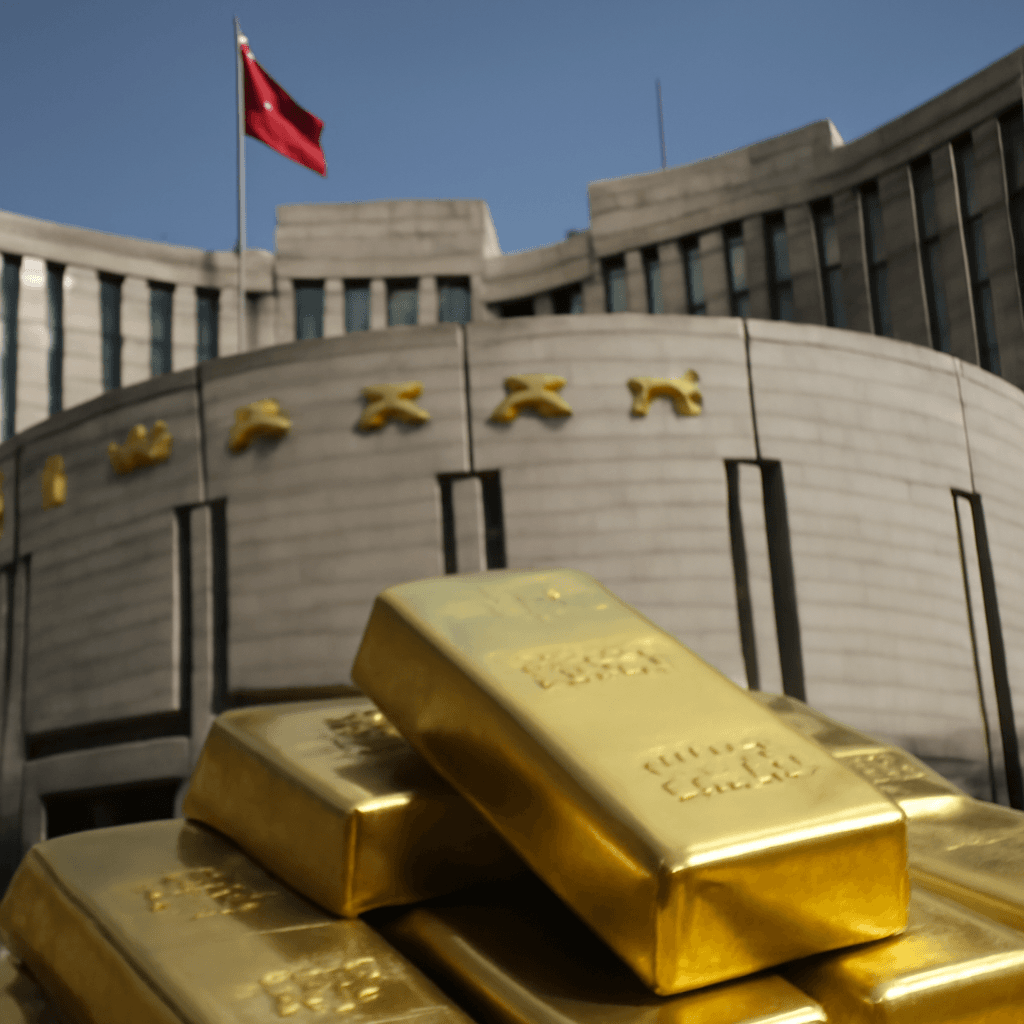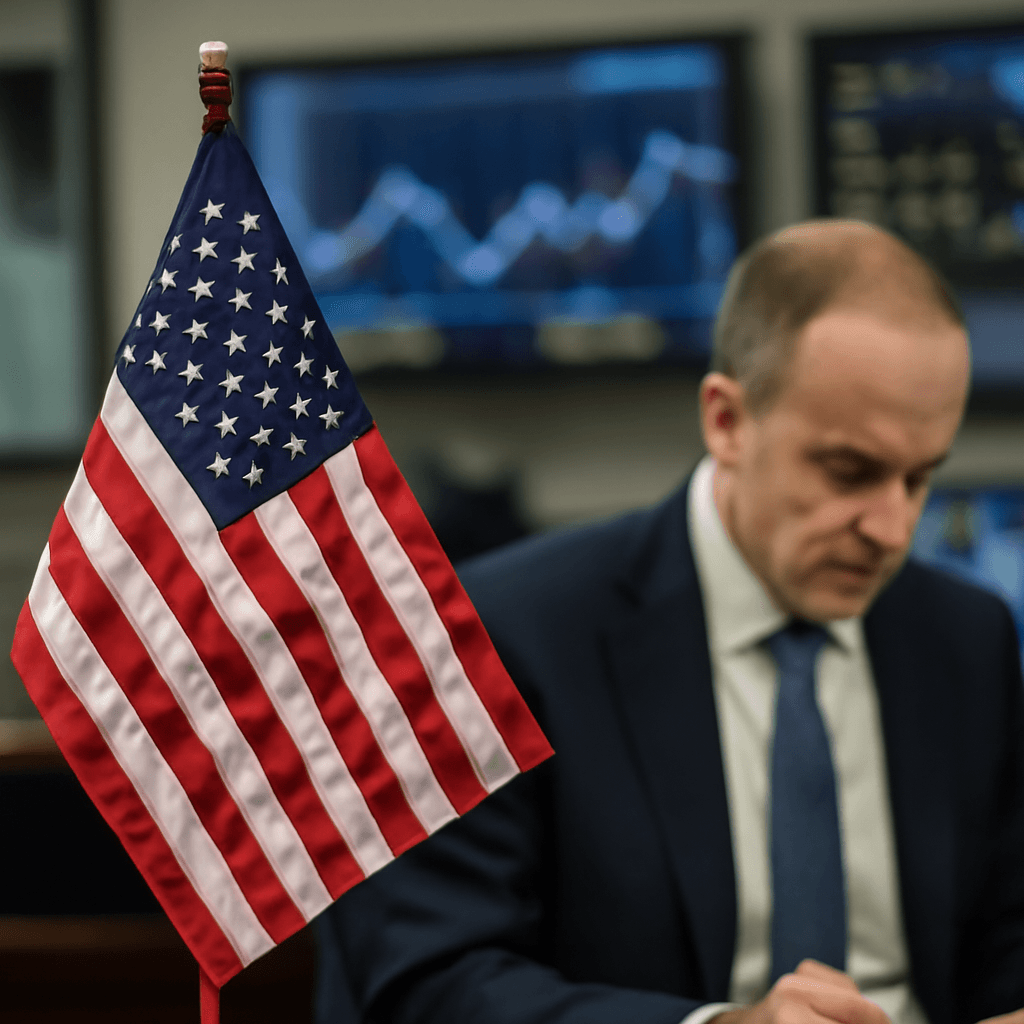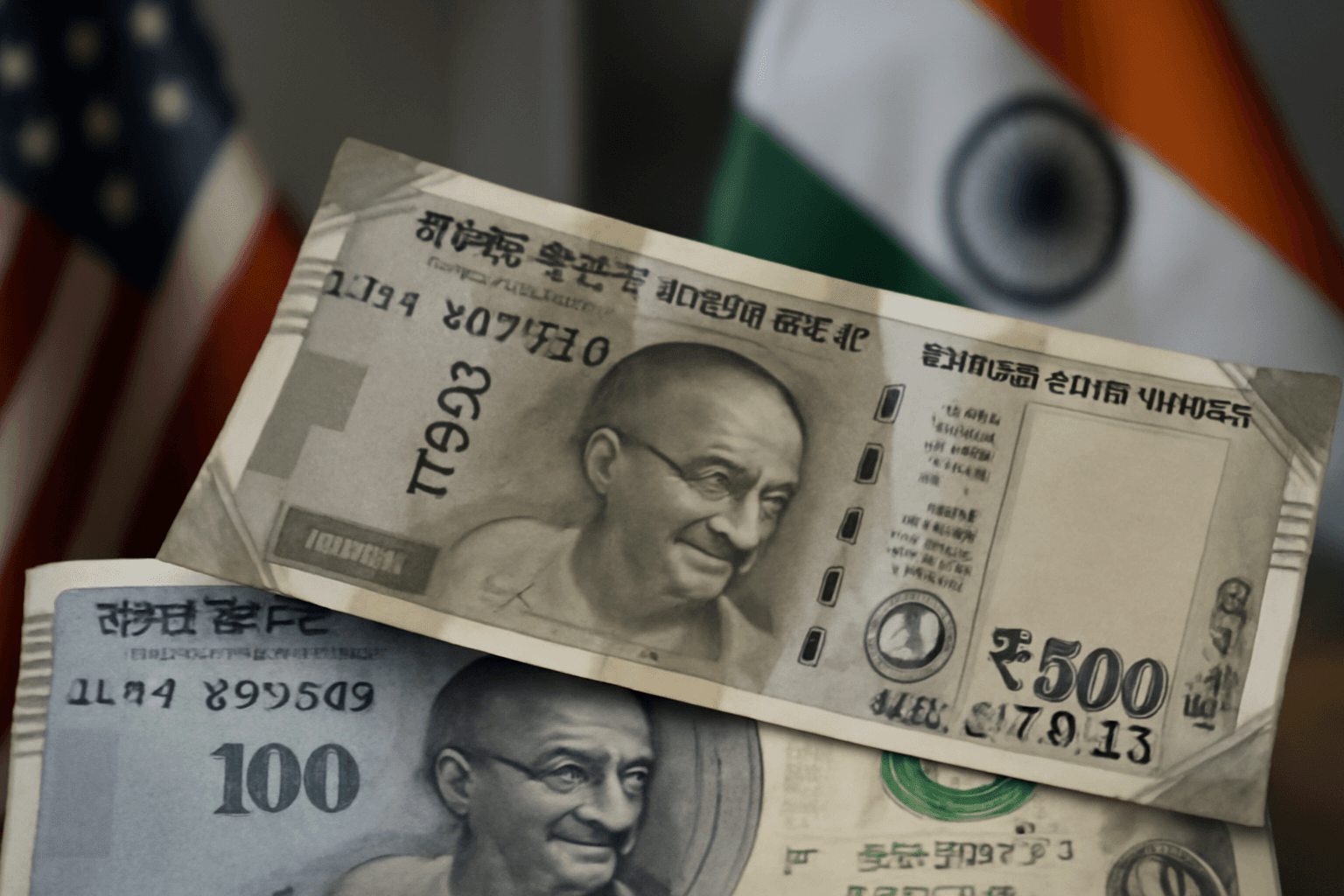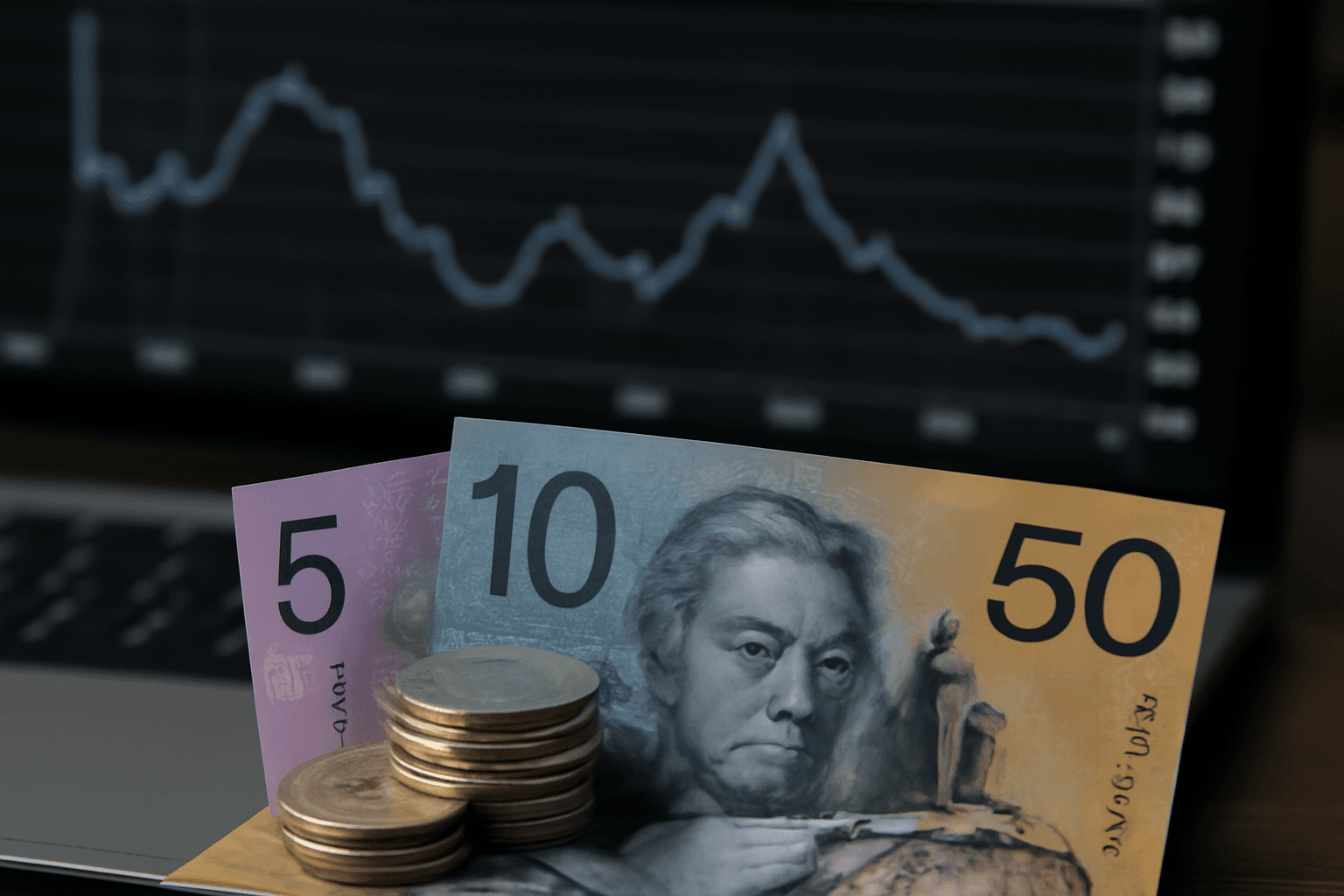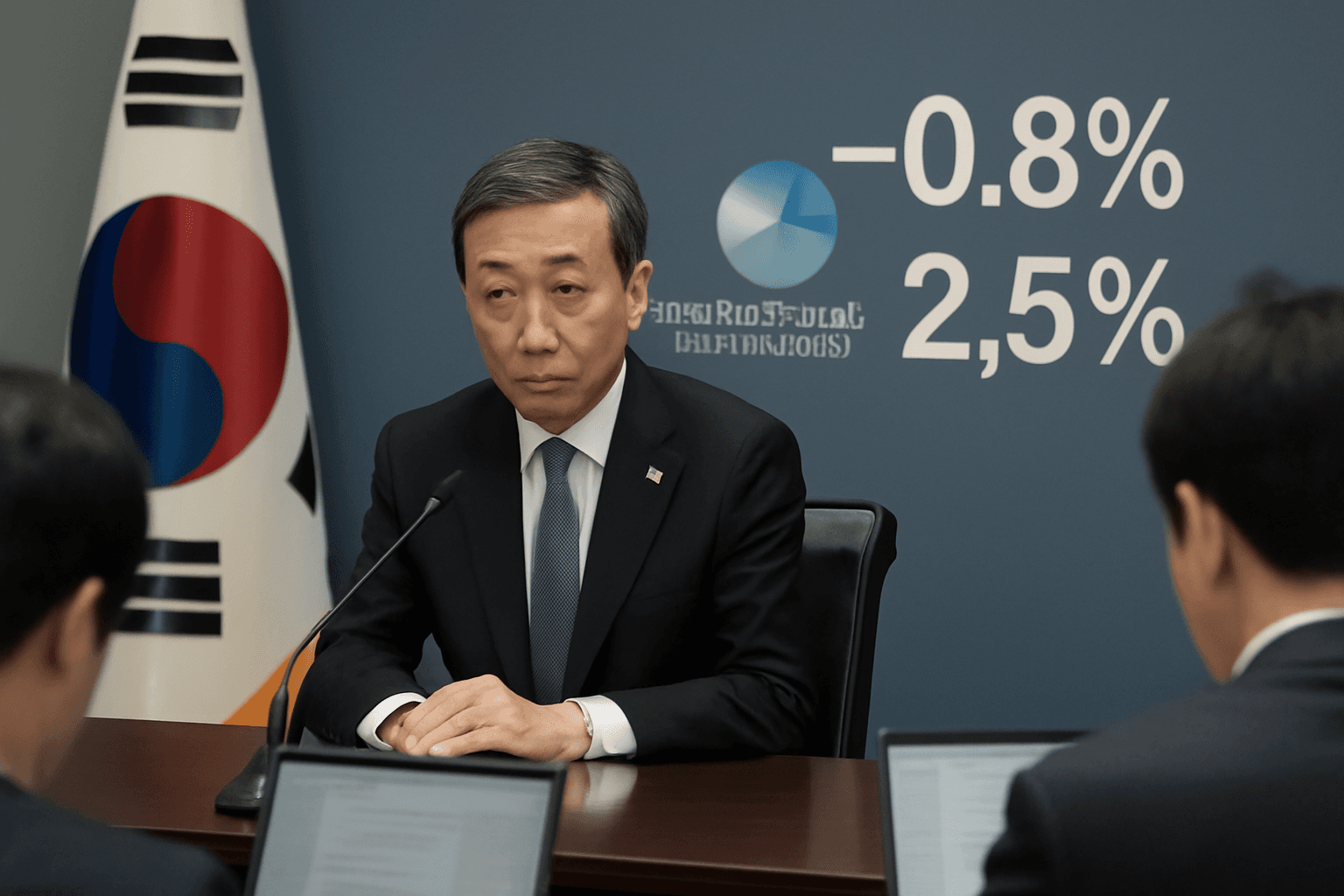China Continues Expanding Gold Reserves in May
China's central bank has added gold to its national reserves for the seventh consecutive month, according to recent official figures. This ongoing accumulation signals Beijing's strategic focus on diversifying its foreign currency holdings amid global economic uncertainties.
Steady Gold Purchases Despite High Prices
The People's Bank of China (PBOC) reported that gold reserves increased to 73.83 million fine troy ounces at the end of May, up from 73.77 million ounces at April’s close. While the valuation of these reserves slightly declined to $241.99 billion from $243.59 billion due to price shifts, the bank's commitment to procurement remained steady.
Gold prices, viewed as a safe-haven asset during periods of economic or geopolitical instability, held stable in May following an unprecedented peak of $3,500 per ounce in April. Despite elevated prices, China’s persistent buying underscores a deliberate policy to reduce reliance on dollar-denominated assets.
Strategic Gold Accumulation and Global Context
The gold accumulation follows a six-month pause earlier this year after an 18-month buying streak. The resumption in November last year coincided with significant geopolitical events, reflecting a cautious approach to reserve diversification.
According to market analysts, central banks worldwide are expected to purchase around 1,000 metric tons of gold in 2025, marking the fourth consecutive year of robust acquisition activity. This trend highlights a broader move among global monetary authorities to strengthen reserves in bullion rather than traditional currencies.
Key Insights
- China's gold reserves rose by 0.06 million fine troy ounces in May.
- Total gold reserves valued at approximately $242 billion at month-end.
- Gold prices reached an all-time high in April but stabilized during May.
- Worldwide central bank gold purchases predicted to reach 1,000 metric tons in 2025.
- China’s buying pattern reflects a strategic shift from dollar assets to gold.
These developments underscore the growing importance of gold as a critical component of national reserve portfolios amid evolving global financial dynamics.

